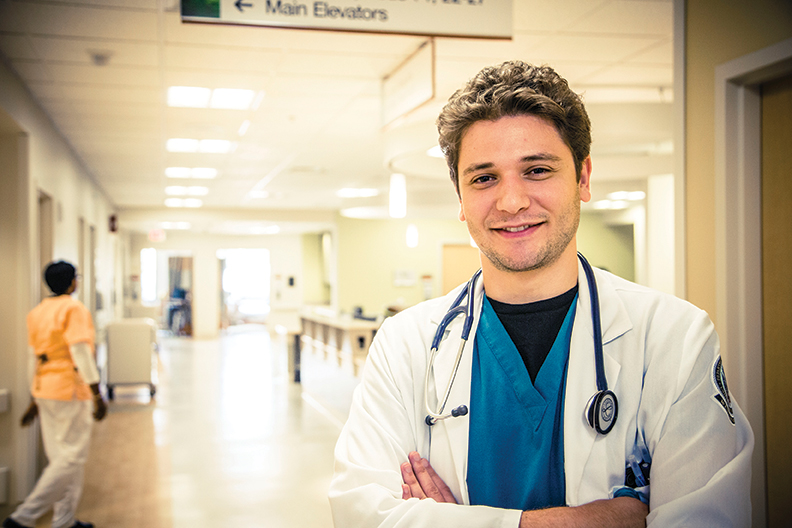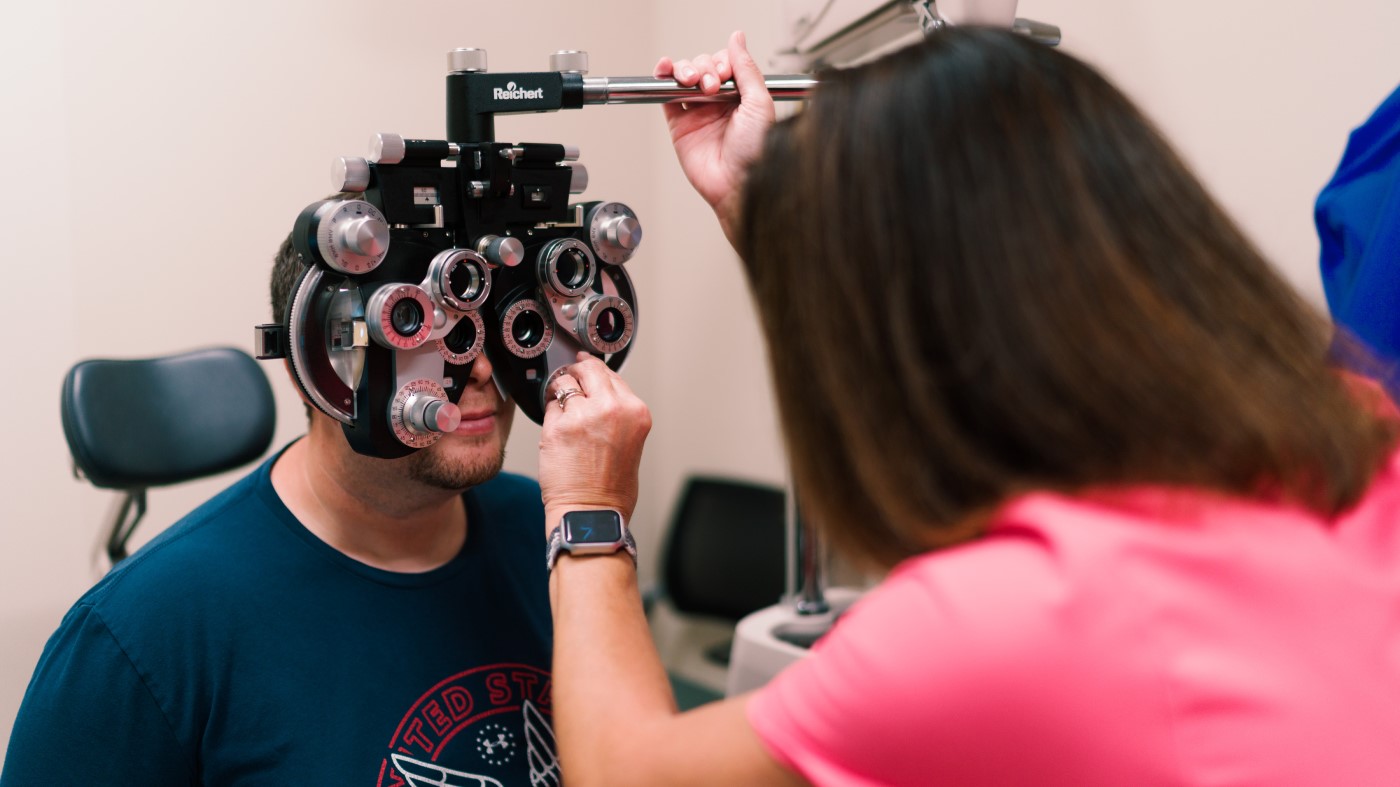The U.S. faces a projected shortage of as many as 90,000 physicians by 2025. And while health care systems everywhere are contending with this issue, one thing Department of Veterans Affairs can do is make the best use of our physicians’ time through technology. Telehealth services allow our providers to reach more Veterans, particularly in rural areas, and allow better communication.
Launched in 2012, VA started a clinical trial “Physical Telerehabilitation in Veterans with Multiple Sclerosis” to provide continuous interface for patients and providers. Much like a personal trainer, Veterans interact with a computer program that offers customized stretches and exercises, evaluates their progress and communicates directly with physicians and physical therapists.
This gives our team regular secure access to every Veteran, allowing for a more customized experience that improves outcomes. Highly customized program is at the core of our goal to provide patient-centered care.
Particularly with a condition like MS, which can have periodic relapses, having a consistent platform that is an evolving resource for Veterans is critical to improving their quality of life. The study further compares the telerehabilitation against the benefits of completing the rehab alone to ensure the program is as efficient as it is effective.
Technology will continue to be a gateway to improve the efficiency and, as a result, the access to care for our Veterans. Telehealth resources are continuing to be incorporated into our Nationwide system because we believe that providing our physicians with the best resources means the best care for our Veterans.
Topics in this story
More Stories
Whether it’s access to the great outdoors or a calmer pace in your everyday life, you can find it in rural VA communities around the country.
We offer some quick and easy steps to show you how to format a cover letter, and what information to include.
The eye care provided by ophthalmologists can make all the difference to our Veteran patients.






This is a scary proposition because I think of my mother and father who will be in their mid 70’s by 2025 and will need all the care and attention possible. I know we’ve just been alerted of an “E-appointment” that allow patients to email a doctor the problem they are facing (non-urgent) and can expect a message from a physician within the business day. That helps reduce the congestion at the doctor’s office if they diagnosis is not of an urgent nature. I hope this type of service is instituted more across the country.